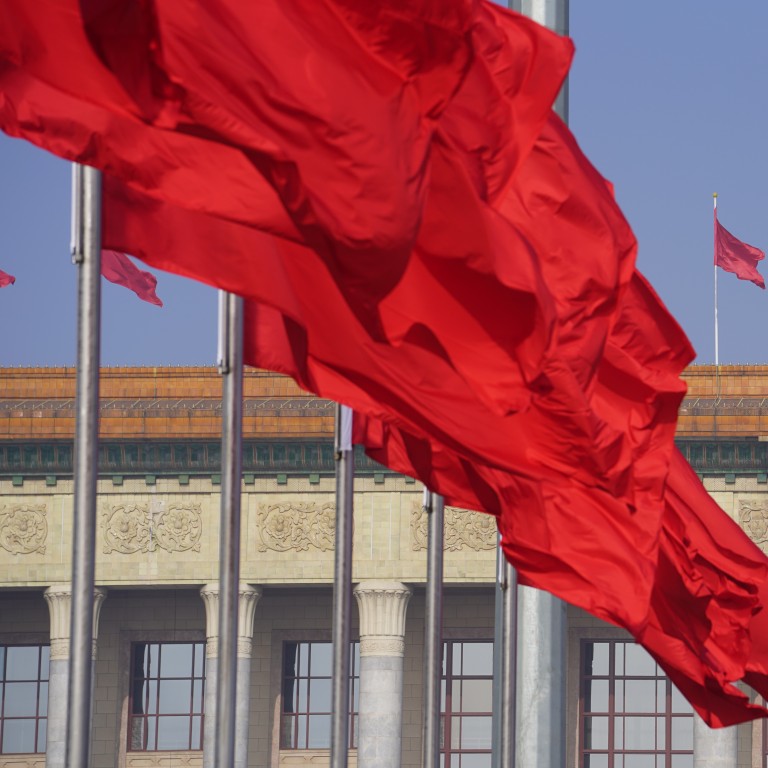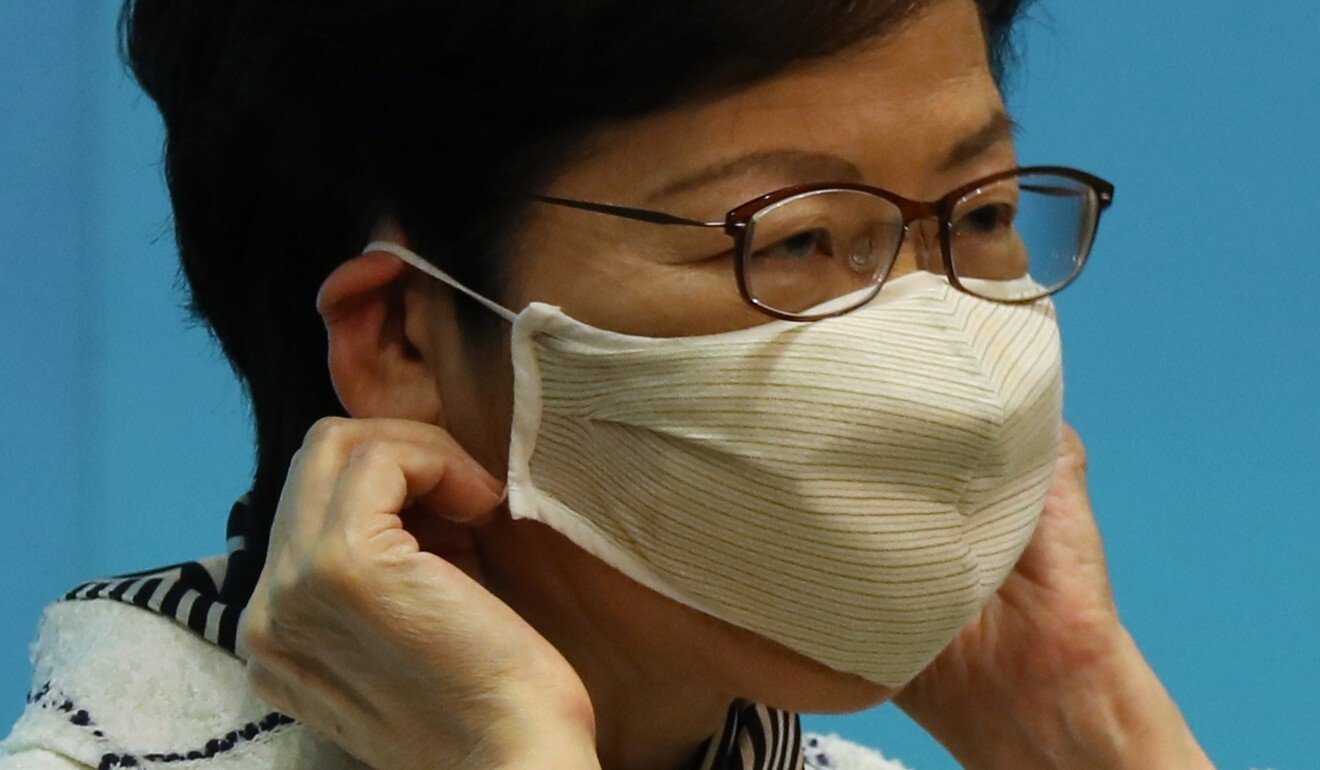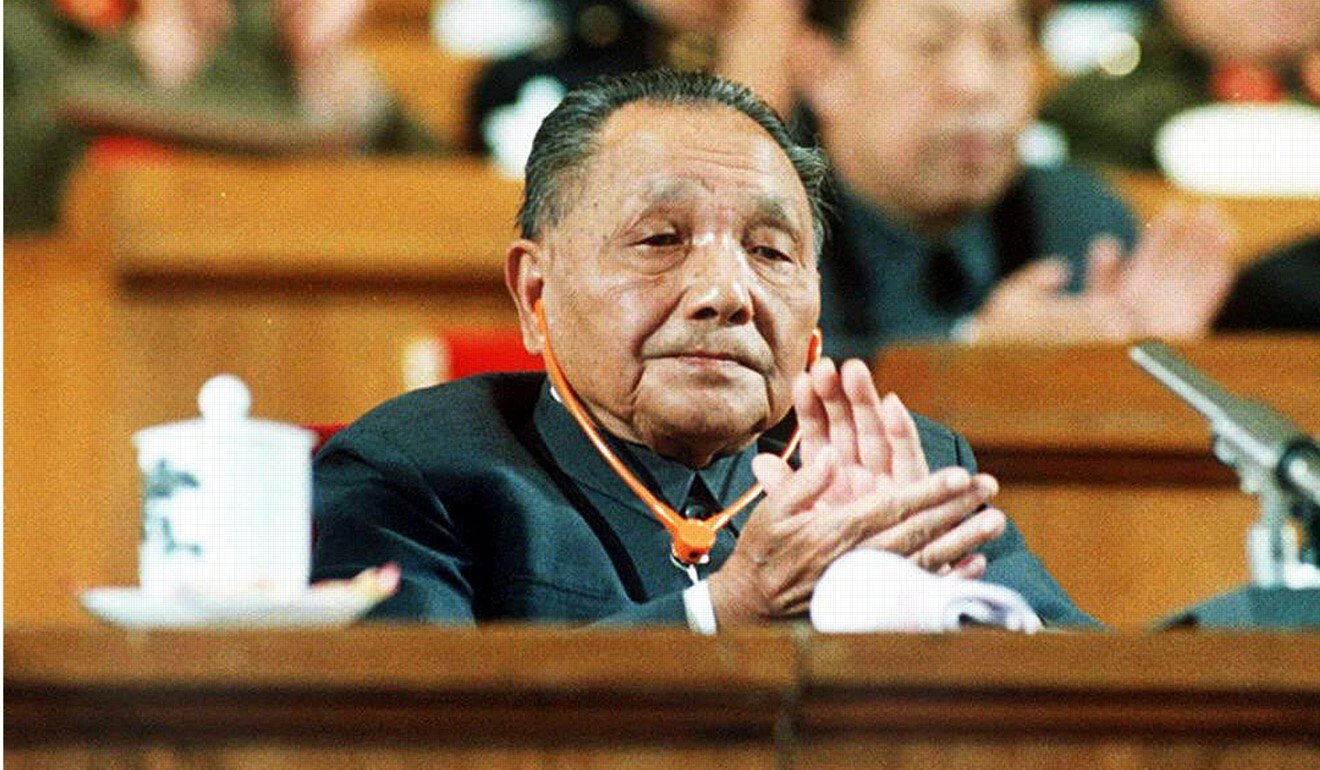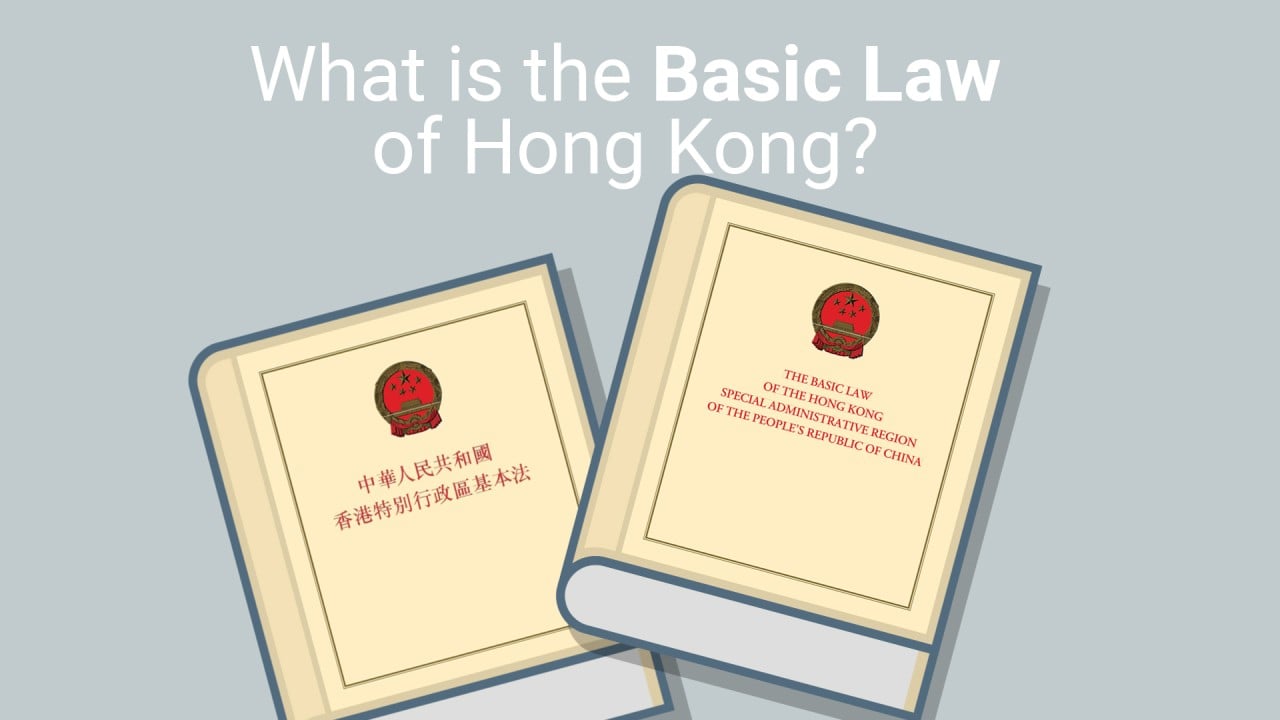
No ‘separation of powers’ in Hong Kong, Beijing agencies say, adding Deng Xiaoping spelled out stance in 1987
- Hong Kong has an executive-led governance system, under which checks and balances are provided among different government branches, they say
- Row over the issue erupted recently after the phrase ‘separation of powers’ was removed from liberal studies textbooks
Two Beijing agencies overseeing Hong Kong affairs have declared the city has no separation of powers after a political row recently erupted over the issue, saying such a stance was made clear by late Chinese paramount leader Deng Xiaoping in the 1980s.
The ministerial-level Hong Kong and Macau Affairs Office (HKMAO), as well as the central government’s liaison office, said in separate statements on Monday that the city had adopted an executive-led governance system, under which checks and balances were provided among the executive branch, legislature and judiciary, and that judicial independence would not be compromised.
“It ought to be unambiguously pointed out that the remarks about the Hong Kong Special Administrative Region practising a political system of separation of powers are wrong and that must be rectified,” the HKMAO said in its statement.

“Hong Kong has not adopted the British system, or the US system, for over 1½ centuries. It would be inappropriate if we now copy such a model, like adopting separation of powers … and use this as a measurement of the degree of democracy,” Deng said.
Does Hong Kong have ‘separation of powers’? It depends who you ask
The HKMAO also said the powers of administration, lawmaking and judiciary were all conferred by the central government and it would be wrong to compare Hong Kong’s governance system with that of other sovereign nations.
It said that while Hong Kong had adopted the executive-led system, the Basic Law also guaranteed judicial independence. “But judicial independence does not equal judicial domination or judicial supremacy,” it added.

Controversy over the separation of powers, or its absence, erupted recently after the phrase was removed from liberal studies textbooks during screening by the Education Bureau. Lam voiced support for the move and said “separation of powers” only meant “division of work” among the executive, legislature and judiciary.
Last week, the city’s Bar Association issued a strongly worded statement, rejecting Lam’s claims as “unfounded and inconsistent” with the Basic Law. It argued that the independent operations of the three branches of government would create a system of checks and balances, guarding against abuse and strengthening the rule of law.

02:31
What is the Basic Law of Hong Kong?
Without naming names, the HKMAO said some people in Hong Kong were “trying to confuse the public” by advocating separation of powers, adding that their intention was to “expand the power of the legislature and the judiciary, undermine the authority of the chief executive and the Hong Kong Special Administrative Region, reject Beijing’s comprehensive jurisdiction over Hong Kong … and turn Hong Kong into an independent political entity”.
Cabinet adviser says Hong Kong textbooks should explain ‘separation of powers’
The central government’s liaison office in Hong Kong also issued a statement on Monday, echoing the views of the HKMAO. It reiterated that Hong Kong had “an executive-led system, not separation of powers”.
The liaison office said the executive-led model had been established since the drafting of the Basic Law. But it also stressed that “executive-led” and “judicial independence” were not mutually exclusive.
“It is wrong to think that there cannot be judicial independence without separation of powers,” it said.

